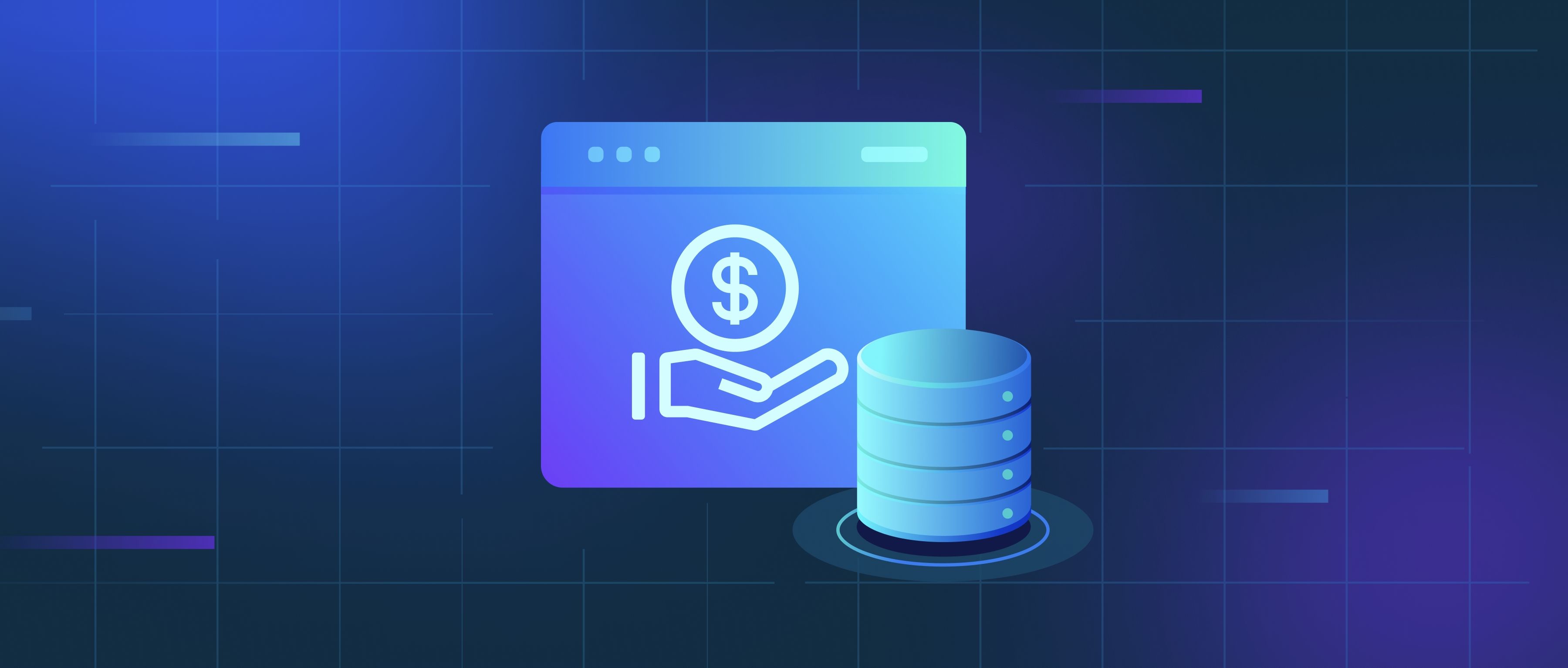LangChain is a framework specifically designed to build applications that utilize language models (LLMs) effectively. The main difference between LangChain and other LLM frameworks is its focus on modularity and integration with external resources. While many frameworks may focus solely on interacting with a language model, LangChain allows developers to create complex applications by chaining together various components, including data loaders, memory modules, and prompt templates. This modular approach means you can easily adapt and scale your applications depending on your needs.
Another key distinction is LangChain's capability to connect to external APIs and databases. For instance, when building a chatbot that needs real-time information, developers can easily integrate APIs to fetch up-to-date data. This is not always straightforward with other LLM frameworks, which may not offer built-in support for such features. LangChain provides tools that make querying databases or calling web services straightforward, allowing developers to not only generate text but also pull in relevant information and context that enhances the chat's relevance and accuracy.
Finally, LangChain includes built-in support for different types of memory, which is crucial for applications that require context retention over multiple interactions. For example, in a question-answering system, maintaining context from previous questions allows for more coherent responses. While some other frameworks may lack this feature or require additional development effort to achieve similar results, LangChain's memory systems are designed to be easily implementable and customizable. This makes the process of creating more engaging and contextually aware applications significantly easier.
